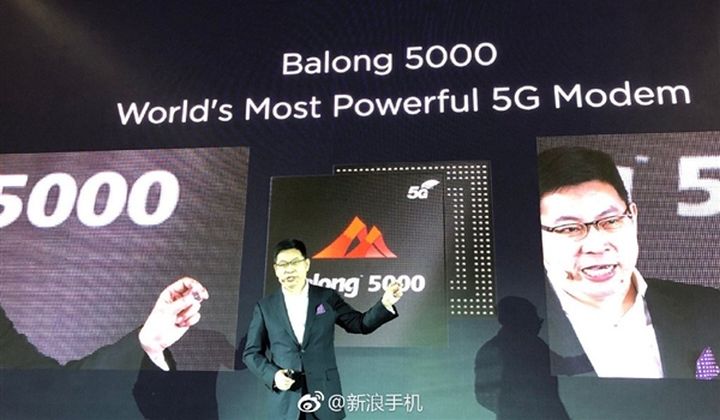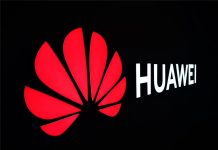There are very few smartphone manufacturers who make their own chipsets and one of them is China-based Huawei. The company develops its own processors for the Huawei and Honor branded smartphones.
But, the company chipsets are not sold to other smartphone makers and are limited to Huawei and Honor smartphones only. However, that is about to change, if the new reports are to be believed.

Engadget has reported, citing a source aware of the development, that Huawei is open to selling its 5G Balong 5000 chipset to only one company — Apple. This is surprising given that chipset sales is not Huawei’s forte and the company’s executive had previously said that the Huawei chipsets are for its own internal products such as phones and IoT devices.
However, it is not yet known if both companies have started conversations regarding this. It is surprising that Huawei is ready to offer its products to its biggest rival at a time when the company is aiming to dethrone Apple and Samsung to grab the top spot in the global smartphones market share.
Huawei’s Balong 5000 modem chip supports both mmWave and sub-6GHz 5G networks. It is also compatible with 4G LTE, 3G, and 2G networks. The Balong 5000 5G modem chip will debut on Huawei’s first phone to support the next generation of wireless connectivity — Mate X, which also happens to be the company’s first foldable smartphone.
The development comes at a time when Apple is in a tight spot with its current chipset supplier — Intel which supplies wireless modems for iPhones and iPads. It’s 5G-ready XMM 8160 modems would be available for its customers in the second half of 2019. But a report claims that Apple has “lost confidence” in Intel after the world’s largest chipset manufacturer failed to meet certain development deadlines.
Read More: AT&T achieves over 1Gbps data speed with its 5G network, the first U.S. carrier to do so
The news about Huawei being open to supply its chipset to Apple comes at a time when Qualcomm and Samsung both have refused to provide their 5G modems to Apple. While Qualcomm’s denial is understandable given their ongoing legal battle, Samsung refused by citing lack of supply for its Exynos 5100 chips.
(Source)







